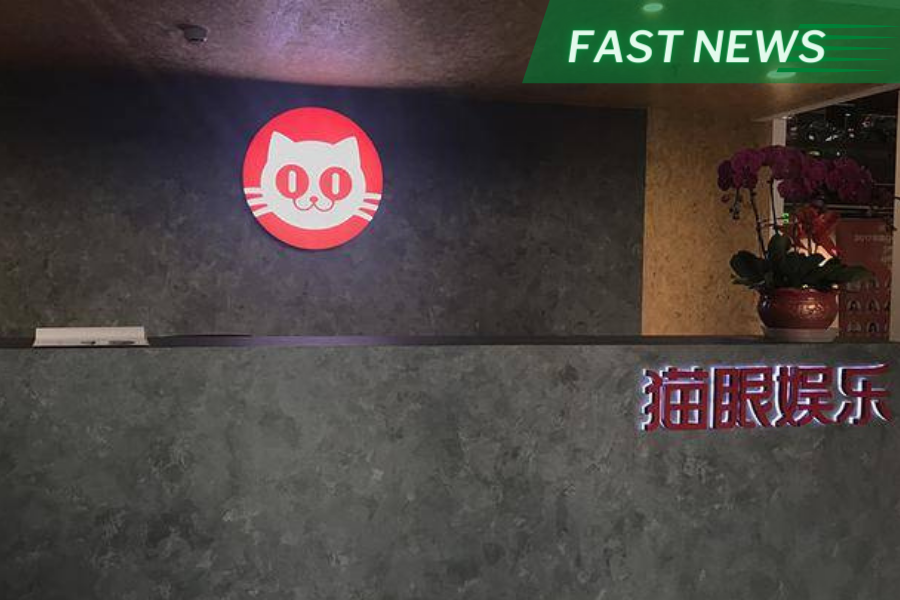FAST NEWS: Maoyan Entertainment Announces President’s Departure

The latest: Online movie ticketing platform Maoyan Entertainment (1896.HK) said on Thursday its President Gu Sibin resigned effective Sept. 30 to pursue other personal goals.
Looking up: The company said Gu had no disagreement with the board, nor is there any matter relating to his resignation that requires shareholder attention.
Take Note: The announcement was issued a half month after Gu’s actual resignation, which may cause some investor suspicion about the reasons for his departure.
Digging Deeper: As a leading Chinese movie ticket seller, Maoyan has suffered as China’s film industry came under pressure with the closure of theaters across the country after the pandemic began in 2020. But the epidemic stabilized in China last year, allowing many film-related companies to rebound. Maoyan, for example, saw its revenue jump 143% year-on-year to 3.32 billion yuan ($466 million) last year, and turned a loss into a profit of 369 million yuan. But more closures following a major flare-up in this year’s second quarter with the arrival of the highly contagious Omicron variant caused the company’s first-half net profit to plunge 60.8% to 152 million yuan. Slow growth for its core ticketing business led Maoyan to say it will shift its focus to promoting its content-development business, such as participating in the production, distribution and promotion of movies.
Market Reaction: After hitting an all-time low on Thursday, Maoyan shares rebounded slightly on Friday morning, closing up 1.7% to HK$4.81 at the midday break.
Translation by Jony Ho
To subscribe to Bamboo Works free weekly newsletter, click here





